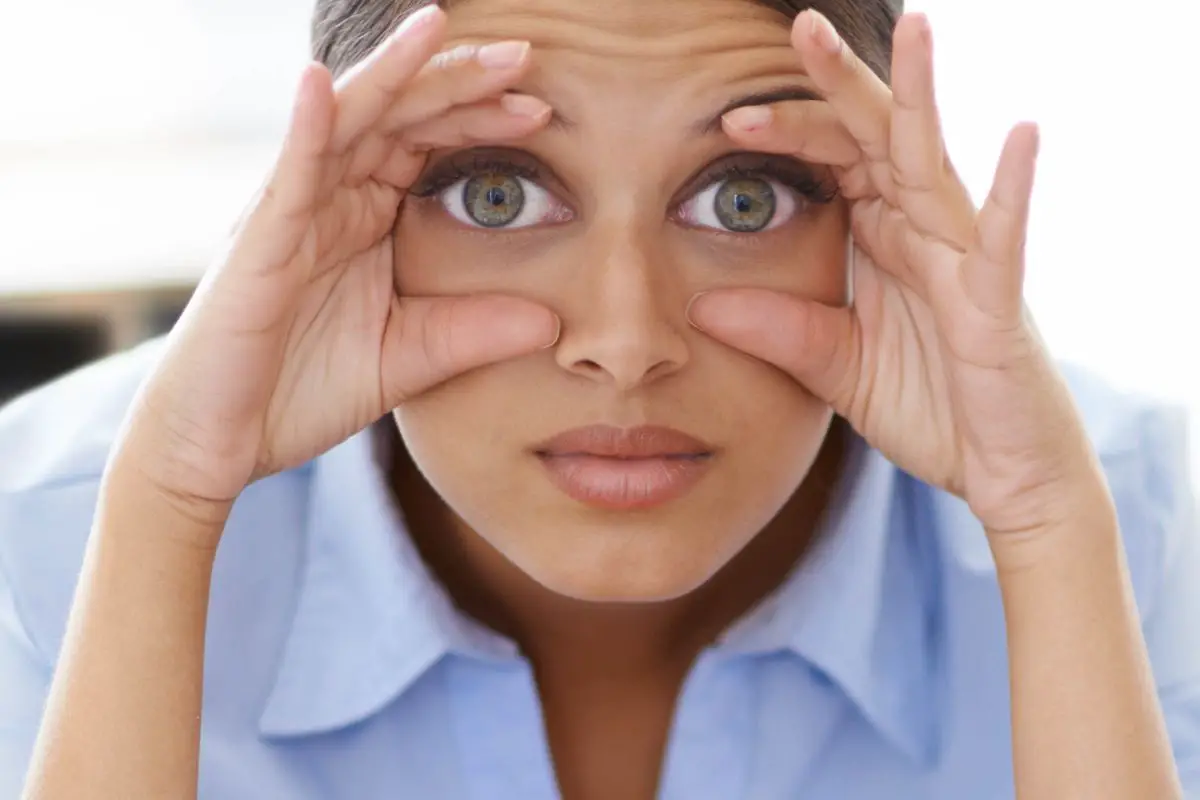Coffee offers numerous health benefits, thanks to its rich caffeine content. In fact, coffee is one of the most preferred beverages for millions of people around the world. Many coffee lovers prefer drinking coffee in the morning to help them wake up. Some take it throughout the day to help them feel energized.

Coffee is known to improve alertness. That is why it is popularly taken as a pick-me-up drink. Besides, it contains antioxidants that help to reduce the risk of developing certain conditions such as heart disease, diabetes, and some cancers. Unfortunately, too much coffee is not healthy. Sometimes, it may not help some people wake up. In this article, we will show you how to stay awake when coffee doesn’t work.
Best Coffee Alternatives to Help You Stay Awake
While coffee offers numerous health benefits, excessive caffeine intake comes with serious health risks. The effect of coffee varies from one individual to another. For some people, one cup of coffee is enough to help them stay awake. For others, they need several cups of java to stay awake while some fail to stay awake despite drinking coffee.
Generally, it is recommended not to drink more than 400 milligrams of coffee (about four cups) per day. Excessive coffee consumption may cause nervousness, stomach problems, and insomnia. Even if coffee works for you and you do not take it excessively, the energy boost it gives you wears off sooner. Thus, you may still feel tired after a few hours of drinking coffee.
So which are the best ways to wake up without coffee? There are several alternatives ways that can help you perk up without coffee including:
1. Eat Nutritious Snacks
Eating large meals can make you feel lethargic and foggy. The reason is that digestion uses a lot of energy. The more you eat, the more energy your body will use to digest the food. If you combine caffeine and sugary foods, you will get a quick energy boost but for a short period, followed by a quick crash.
One of the best alternatives is to eat small snacks containing good fats and iron rather than drinking coffee alongside large meals. Also, high-fiber foods and high-quality proteins boost alertness. Other foods that can boost your energy levels throughout the day include peanut butter, carrots, celery, avocado toast, and humus. Great sources of iron include beans, lentils, and spinach. Pair these foods with snacks that are rich in vitamin C.
2. Take a Nap
Taking a nap for about 5 to 30 minutes can help you recharge. However, do not take a nap too close or too long before bedtime. The best time for naps is about 6 to 7 hours before bedtime. Also, avoid longer naps as they can cause post-sleep grogginess or sleep inertia that will leave you sluggish upon waking up.
Research findings indicate that an afternoon nap allows you to stay awake better than using coffee or sleeping extra hours at night. Other studies show that sleep improves creative thinking, memory, and learning while quick naps help in retaining information better than someone who has not slept at all. Also, naps have been shown to boost attention, alertness, and memory consolidation better than caffeine.
3. Listen to Music
Listening to your favorite songs can release feel-good chemicals in the brain such as oxytocin and serotonin, thereby helping you stay awake. Research findings show that when people listen to music, they get chills or goose bumps for a few minutes and their brains get overloaded with dopamine. Dopamine is a chemical released in the brain, which is involved in pleasurable reward, motivation, and memory.
4. Chew Gum
While some people view chewing gum as a bad habit, it is one of the best alternatives on how to stay awake when coffee doesn’t work. When chewing gum, your mouth gets busy, which keeps your mind alert.
Some studies suggest that chewing gum is an effective way of reducing daytime sleepiness. The act of chewing promotes circulation and activates some brain regions for more alertness. Also, recent studies show that chewing gum increases concentration, improves reading comprehension, and reduces anxiety.
5. Drink Water
Water is very useful for proper body function and energy. When dehydrated, you may experience fatigue, heart palpitations, confusion, and fainting. The body is made of 60 percent water. Water helps to flush waste from the body and lubricate joints. Also, the bloodstream relies on water to supply oxygen and nutrients such as carbohydrates to various parts of the body, including the brain.
Research shows that losing 1 to 2 percent of the water composition of your body can cause confusion and fatigue. Thus, drinking enough water daily can help with making you feel more energized. As a result, you will find it easier to stay awake during the daytime.
6. Step Outside
Sometimes, all you need to re-energize your body is to step outside and catch the sun. Research shows that exposure to natural blue light during the daytime enhances performance and alertness. Thus, do not spend the entire day in a poorly lit room.
7. Take Deep Breaths
Research shows that most people tend to be more productive when calm and relaxed. You can enhance relaxation and calmness by taking deep breaths. Breathing deeply allows for more oxygen transportation to different parts of the body. Thus, it boosts energy levels in place of coffee. Also, deep breathing decreases anxiety and stress, thereby boosting your immune system for more strength and health.
Final Thoughts
Coffee is one of the most popular substances for boosting energy levels. However, it comes with its share of disadvantages, especially when consumed excessively. Fortunately, we have shown you how to stay awake when coffee doesn’t work. The aforementioned alternatives are risk free, unlike coffee. Thus, try them and see which alternatives work best for you.